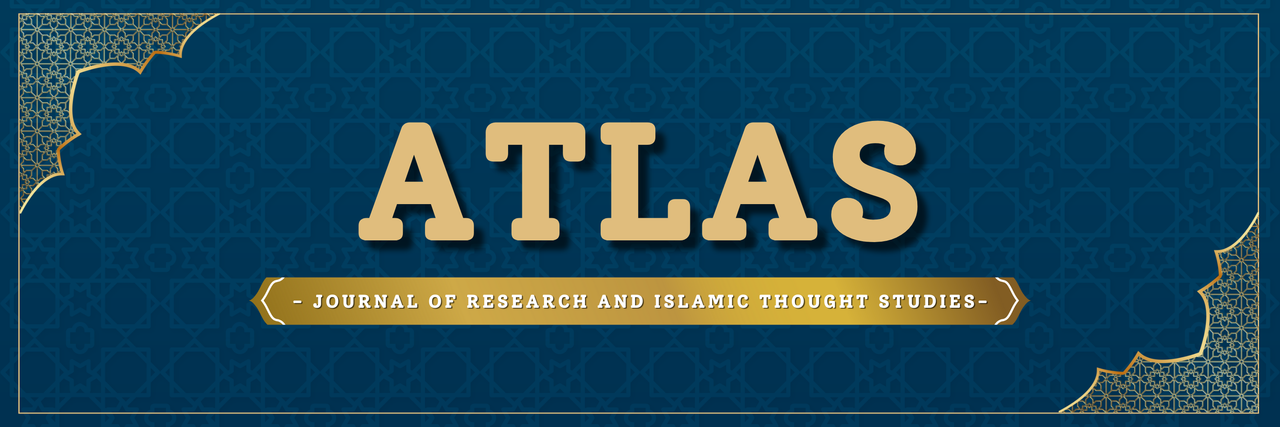Rekonstruksi Makna Kebahagiaan Sejati dalam Konten Utopia Paradox
Main Article Content
Abstract
The aim of writing this article is to nurturing the essence of true happiness amidst the onslaught of technological progress. Utopia Paradox explains human life from the days of video content and how technology can control human life. However, happiness in this content ends with a question of how and what happiness is, which actually wants to provide a philosophical reflection on the ontological reconstruction of happiness. The method used in this paper is content analysis, where the Utopia Paradox video is the primary source, while relevant scientific literature will be used as secondary data. The findings of this article explain that human happiness experiences a paradox. There is no end point to the search for human happiness itself. Increasingly, humans feel that they are being pampered by technology that makes it easier for humans in all their activities, but it turns out that once they reach that point, technology is powerless to fulfill humans' own desires for happiness. This paradox will only be stopped when humans switch from the search for worldly happiness to the spiritual meaning of happiness (the dimension of Sufism). Pradox's Utopia content tries to bring its viewers reflexivity about true happiness which cannot be separated from moral and religious dimensions.
Article Details

This work is licensed under a Creative Commons Attribution-ShareAlike 4.0 International License.
References
Afrianti, Y Y. “Kebahagiaan Jiwa Manusia Dalam Perspektif Ibnu Sīnā.” Repository.Uinjkt.Ac.Id, no. 11180331000025 (2022): Arif, M. (2018). Struktur Logika Teologi Islam Men.
Arifin, Zainal, Iqlima Azhar, Dahlia Tri Anggraini, and Syarifah Zuhra. “Sejarah Pemikiran Ekonomi Islam” 1 (2023): 21–37.
Darmawan, Sebastiyan Sandi, Zakiah Hakimah, Siti Risma, Jl Soekarno-hatta, Kota Bandung, and Email Sebastiyansandigmailcom. “Gunung Djati Conference Series , Volume 22 ( 2023 ) CONFERENCE SERIES LEARNING CLASS TAUHID AND AKHLAK UTOPIA PARADOKS ‘ MANUSIA MENJADI TUHAN KARENA TEKNOLOGI ’ Jurusan Pendidikan Agama Islam Universitas Islam Negeri Sunan Gunung Djati Bandung Email : Za” 22 (2023): 401–410.
Faturrahman, Meico, and Turwono Adi. “Happines Paradox: Semakin Dikejar Semakin Jauh?” Jurnal Manajemen Pendidikan 1, no. 1 (2023): 125–129.
Hamim Khairul. “Kebahagiaan Dalam Perspektif Al-Quran Dan Filsafat.” Tasamuh 13, no. 2 (2016): 136.
Haris, Munawir. “Kebahagiaan Menurut Para Filsuf.” Tasamuh: Jurnal Studi Islam 8, no. 2 (2016): 243–264. http://ejournal.stain.sorong.ac.id/indeks.php/tasamuh.
Ismiagi, Eriska, and Imam Sukardi. “Rekonstruksi Etika Eudaimonisme Perspektif Al- Ghazali Dan Siddharta Gautama.” Suhuf, 2021.
Masalah, Latar Belakang, Yuli Cristina, Purba Tugas, Teori Filsafat, and Para Filsuf. “Kebahagiaan Sebagai Tujuan Akhir” (2004).
Nasbi, Ibrahim. “IBNU MASKAWAIH (Filsafat Al-Nafs Dan Filsafat Al-Akhlak).” Journal of Chemical Information and Modeling 4, no. 2 (2015): 1–15.
Puspita, Prita. “Relevansi Agama Buddha Dengan Prinsip-Prinsip Sains Modern.” Dhammavicaya 3, no. 1 (2019): 7–21. http://https//stabnalanda.e-journal.id/dv.
Rahmadon. “Kebahagiaan Dalam Pandangan Thomas Aquinas.” jurnal Filsafat (2016): 32–48.
Rofifah, Dianah, jeni. “Kebahagiaan.” Paper Knowledge . Toward a Media History of Documents (2020): 12–26.
Safaria, Triantoro, Nofrans Eka Saputra, and Diana Putri Arini. “Nomophobia.” UAD PRESS. Yogyakarta, 2022.
Tristiadi Ardi Ardani. S.Psi., M.Si. Istiqomah, S.Psi., M.Si. Psikologi Positif, 2020.
Widya Sasana. DI MANA LETAK KEBAHAGIAAN? PENDERITAAN, HARTA, PARADOKSNYA (TINJAUAN FILOSOFIS TEOLOGIS). Edited by Edison R.L. Tinambunan kristoforus Bala. Malang, 2014.
“Konsepsi Kebahagiaan Dalam Perspektif Filsafat Dan Tasawuf Jonsi Hunadar Universitas Islam Negeri Fatmawati Sukarno Bengkulu” (n.d.).

